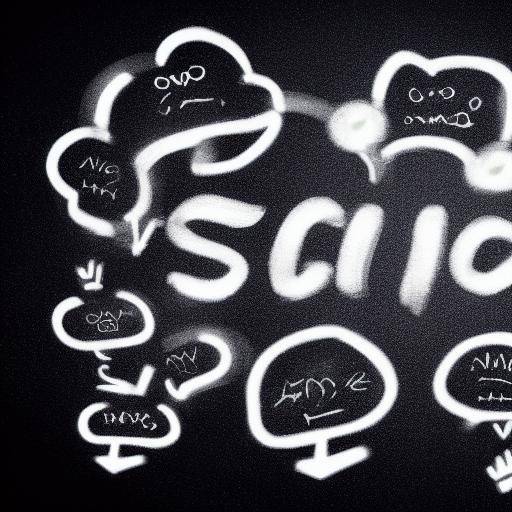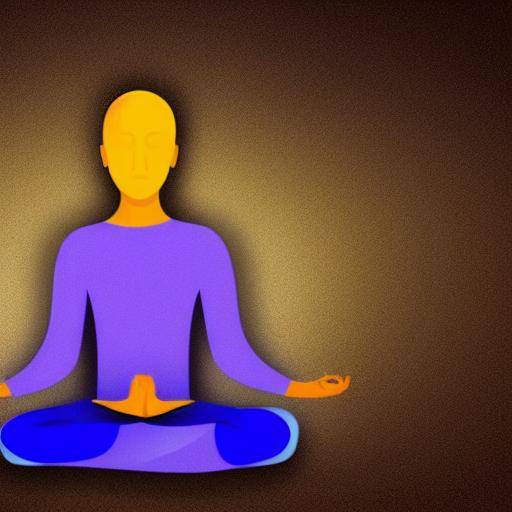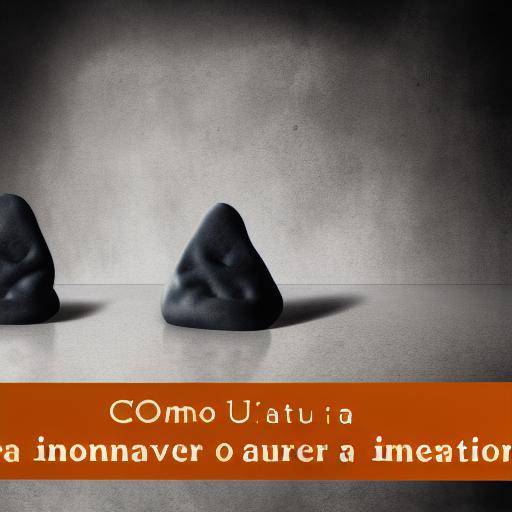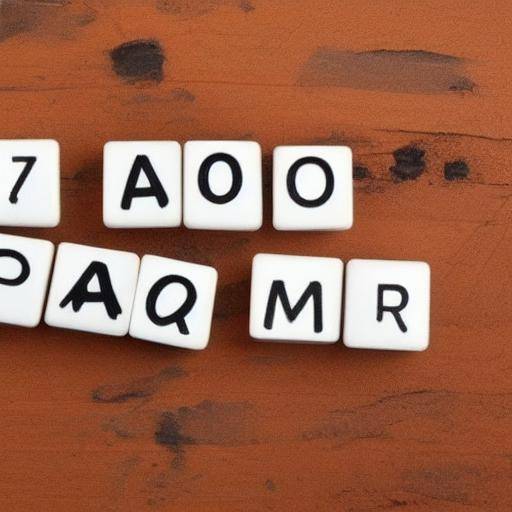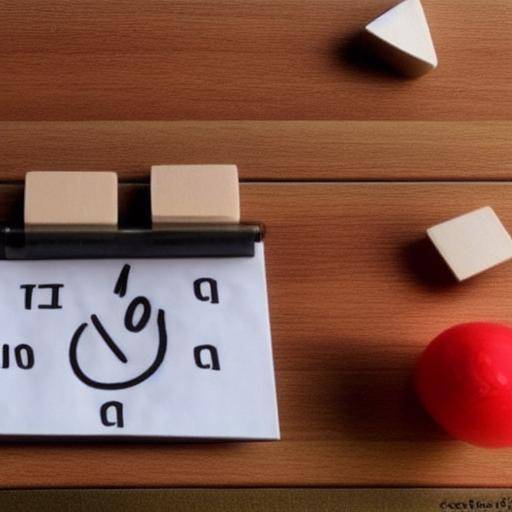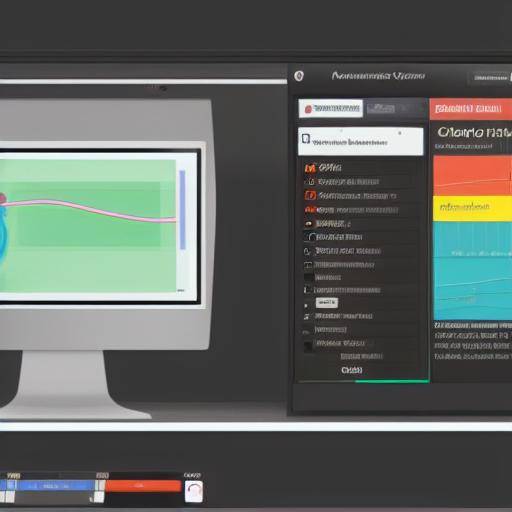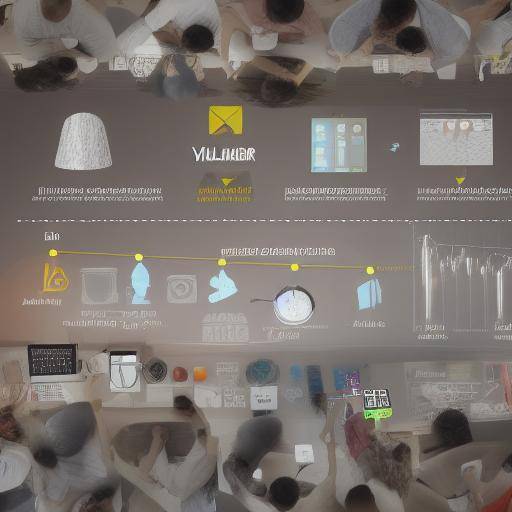
Motivation and achievement of goals are fundamental aspects of people ' s lives, both at the personal and professional levels. Maintaining motivation and achieving the proposed goals can be a challenge that requires focus, perseverance and, in many cases, the use of tools and practices that promote mental well-being. It is here that meditation, a millenary practice with profound benefits for the mind and body, comes into play. In this article, we will explore the impact of meditation on motivation and achievement of goals, analyzing its history, benefits, practical applications and future prospects.
Introduction
Motivation is an internal motor that drives people to achieve their goals, overcome obstacles and maintain a sense of purpose in life. On the other hand, meditation has been practiced for centuries in various cultures as a way of cultivating mental calm, clarity and emotional balance. As the understanding of the benefits of meditation has increased, its relationship with motivation and achievement of goals has begun to be widely studied. In this article, we will explore how meditation can positively influence motivation and how it can contribute to achieving goals in different aspects of life.
History and Background
Meditation, although often associated with oriental traditions such as Buddhism and Hinduism, has roots dating back thousands of years and has been practiced in various forms and contexts around the world. From ancient Greek philosophers to contemplative practices in Christianity and Islam, meditation has had a significant impact on the history of humanity. Over the centuries, prominent figures have advocated for the benefits of meditation, contributing to their global adoption.
Modern meditation has experienced massive diffusion, with the incorporation of meditation techniques into therapeutic, business and educational environments. This increase in popularity has been driven by scientific research that supports their benefits for mental health, emotional well-being and improved cognitive performance.
Analysis in Deep
Meditation has proven to be an effective tool to increase motivation by reducing stress, promoting mental clarity and fostering a positive attitude towards achieving goals. By practicing meditation, a greater awareness of oneself and the environment is encouraged, which can lead to a clearer understanding of one's own values, desires and motivations. This greater awareness can enhance the momentum and motivation needed to pursue and achieve meaningful goals in life.
In addition, meditation can positively influence motivation by helping to reduce procrastination, improve concentration capacity and strengthen emotional resilience to challenges. By cultivating a calm and focused mind, a fertile ground is established for the development of sustained motivation over time.
Comprehensive review
The application of meditation in different areas of life, such as labor, education and sport, has revealed significant impacts on motivation and achievement of goals. In working environments, for example, the implementation of mindfulness and meditation programs has proven to reduce exhaustion, increase in intrinsic motivation and improve labor performance. In the educational field, meditation has been integrated as a tool to improve the attention, memory and motivation of students, contributing to better academic performance and emotional well-being.
In sport, meditation has been used to strengthen determination, increase mental resistance and improve concentration, leading to better sports performance and increased capacity to face challenges. These examples illustrate how meditation can be a powerful tool for encouraging motivation and achieving goals in various contexts.
Comparative analysis
When we compare motivation to meditation and achievement of goals, we find that meditation can act as a catalyst to strengthen internal motivation, which in turn facilitates the process of establishing and achieving goals. While motivation is the inner impulse that leads us to act, meditation can be seen as the practice that nourishes and strengthens that momentum, generating a sense of clarity, calm and determination that drives forward towards achieving goals. Meditation, therefore, operates as a natural booster of motivation, facilitating greater commitment to established goals.
Practical Tips and Accessible Tips
For those who wish to explore the impact of meditation on motivation and achievement of goals, it is important to establish a regular meditation practice that suits their needs and lifestyle. Starting with small daily sessions and gradually increasing the duration and complexity of meditation practices can be an effective approach to integrating meditation into everyday life. In addition, seeking guidance from qualified instructors or reliable resources can facilitate the learning and adoption of appropriate meditation techniques.
Another practical advice is to integrate meditation into everyday activities, such as taking brief meditative breaks during the working day or before undertaking a challenging task. Establishing a peaceful and conducive space for meditation, whether at home, in the office or outdoors, can contribute to creating an enabling environment for practice.
Industry Perspectives and Expert Reviews
Experts in psychology, mental well-being and productivity have consistently supported the benefits of meditation to strengthen motivation and achieving goals. The renowned psychologist and author Daniel Goleman has emphasized how meditation can improve emotional self-regulation and mental clarity, fundamental aspects to maintain motivation and concentration in the pursuit of goals. In addition, business leaders such as Arianna Huffington have advocated the integration of meditation practices into working environments as an effective strategy to promote employee motivation and well-being.
Case Studies and Practical Applications
Specific examples of how meditation has contributed to boosting motivation and achieving goals in different contexts can provide a practical understanding of their impact. For example, the case of a high-performance athlete who integrates meditation into his daily routine to focus his mind and maintain motivation in training and competition can illustrate how meditation can have practical applications in achieving sports goals.
Future Trends and Predictions
As awareness of the benefits of meditation continues to expand, it is likely that its integration into areas such as education, mental health and the working world will become more widespread. Innovative programmes and tools that incorporate meditation are expected to be developed as a comprehensive strategy to strengthen motivation and achieve goals. In the future, meditation can become a standardized practice in different sectors, with the potential to transform the way people address their goals and challenges.
Conclusion
In short, meditation can play a crucial role in strengthening motivation and achieving goals by cultivating a positive mental attitude, increasing the clarity of objectives and strengthening emotional resilience. By integrating meditation in a conscious and regular way into everyday life, people can enhance their inner motivation and get closer to achieving their goals more effectively.
Frequently asked questions
Can meditation really increase motivation?
Yes, various scientific studies have shown that meditation can increase motivation by reducing stress, promoting mental clarity and fostering a positive attitude towards achieving goals. By cultivating a greater awareness of oneself and the environment, the momentum and motivation needed to pursue and achieve meaningful goals in life are strengthened.
What is the relationship between meditation and achieving goals?
Meditation can enhance the achievement of goals by strengthening internal motivation, reducing procrastination, improving concentration and strengthening emotional resilience. These skills and attitudes promoted by meditation are fundamental to maintaining the necessary focus and perseverance to achieve challenging goals.
How can I integrate meditation into my daily routine to enhance motivation?
Integrating meditation into the daily routine can be achieved by starting with small daily sessions and gradually increasing the duration and complexity of practices. It is also useful to seek guidance from instructors or use reliable resources to learn appropriate meditation techniques and to establish a peaceful and conducive space for practice.
Is meditation effective in working or educational settings?
Yes, meditation has proven to be effective in working environments by reducing exhaustion, increasing intrinsic motivation and improving work performance. In the educational field, meditation has been integrated as a tool to improve the attention, memory and motivation of students, contributing to better academic performance and emotional well-being.
Is meditation only a spiritual or religious practice?
Although meditation has roots in various spiritual traditions, its modern practice has largely separated from its religious context and integrated into secular approaches to mental health, well-being and performance. Meditation can be practiced by people of any belief or without religious affiliation.
Can meditation help in sports?
Yes, meditation has proven to be beneficial in the sporting arena by strengthening determination, increasing mental resistance and improving concentration, which contributes to better sports performance and increased capacity to face challenges.
In conclusion, meditation can be a powerful tool for empowering motivation and achieving goals in different aspects of life. By understanding its impact, integrating it into the daily routine and taking advantage of its benefits, people can cultivate greater determination, focus and emotional well-being, pushing them towards achieving their goals.























